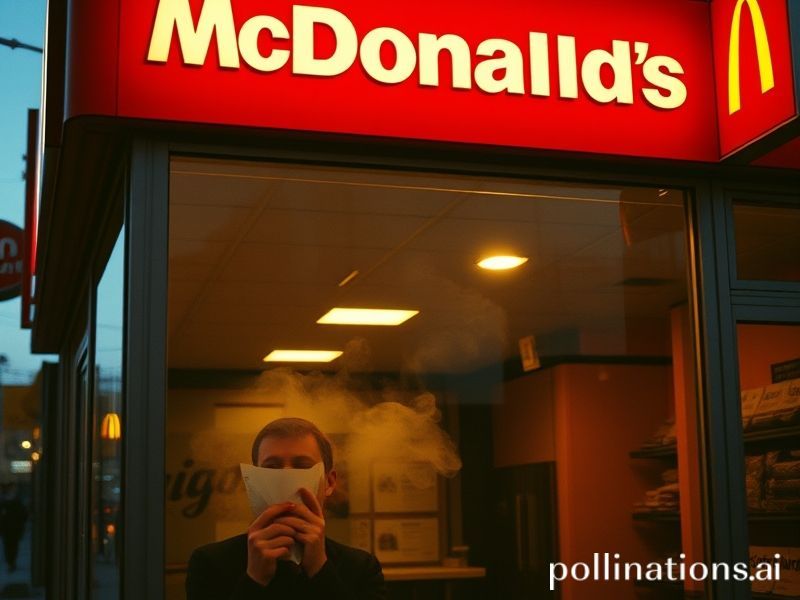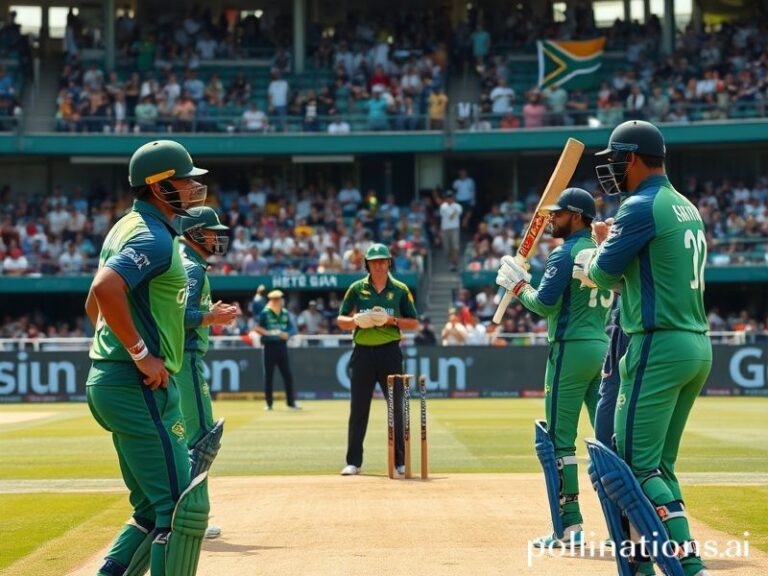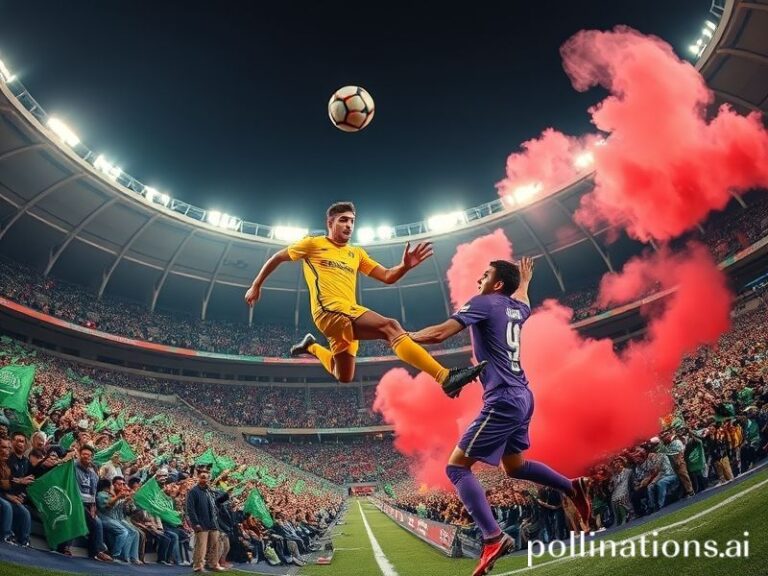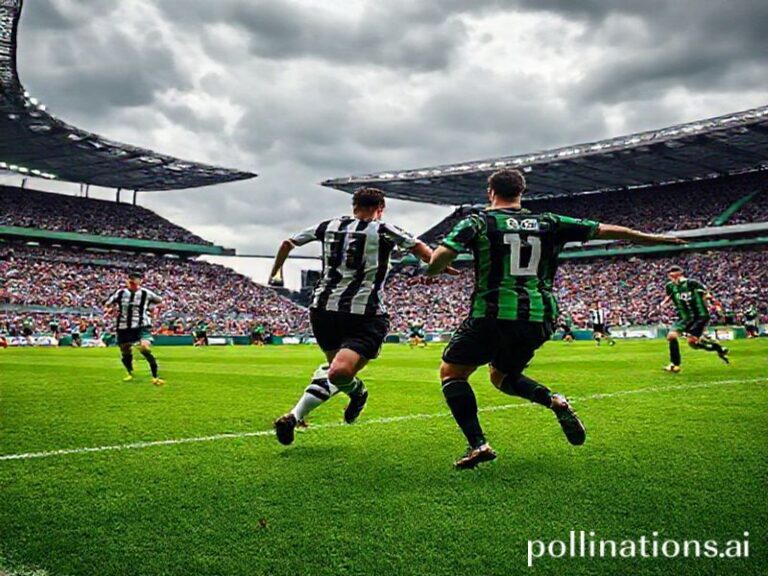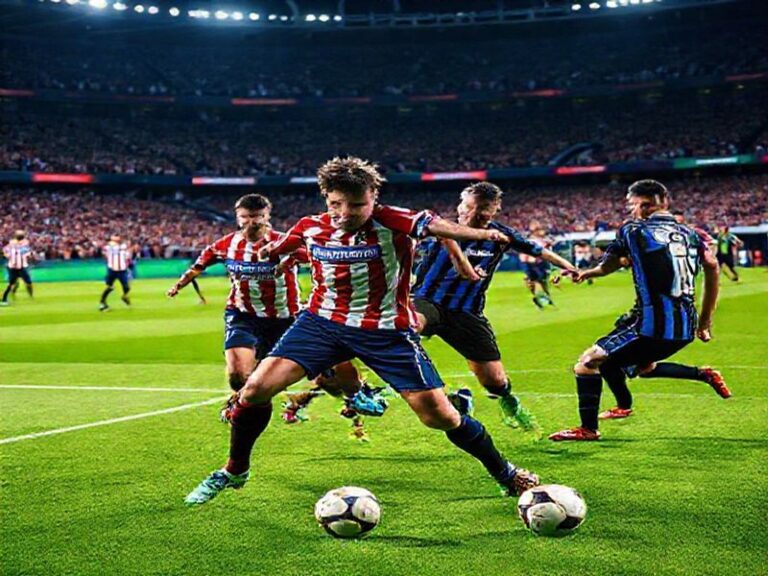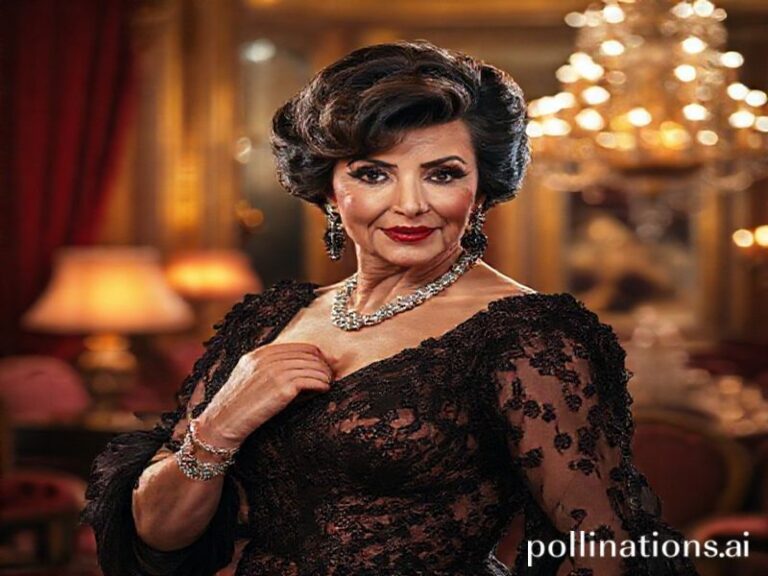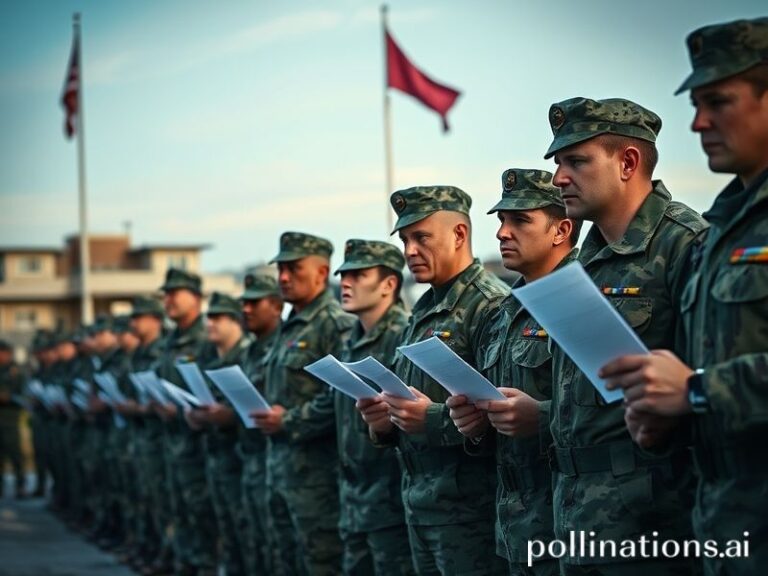McEmpire: How McDonald’s Salted the Planet and Called It Dinner
McDonald’s: The Empire That Salted the World
By—Our Correspondent Who Has Eaten More Filets-O-Fish Than Is Medically Advisable
Somewhere between the Volga and the Mekong, the same aroma of reheated fryer fat drifts through the air, as recognizable as the opening riff of “Smoke on the Water.” It is the perfume of McDonald’s, the golden-arched Leviathan that has now conquered 120-odd countries—odd being the operative word. In every time zone the brand is busy converting local cuisines into numbered menu items, then exporting them back to the locals with a 600 % markup and a side of plastic cutlery. Call it globalization’s inside joke: the world gets thinner wallets, thicker waistlines, and an identical Happy Meal toy in Tashkent and Tucson.
Consider the geopolitical curio that is the McFalafel, once rolled out in Egypt and promptly retired like a bad pharaoh. Or the McAloo Tikki, a potato puck that convinced a billion Hindus to queue up voluntarily for American fast food without the pesky moral dilemma of cow slaughter. These are not mere sandwiches; they are edible diplomatic cables, crisp on the outside, full of soft power within. When the first McDonald’s opened in Moscow in 1990, the line wrapped around Pushkin Square longer than any queue for bread under Brezhnev. Thirty-three years later, the same Pushkin Square hosts occasional anti-war protests, but the McDonald’s is gone—rebranded as “Vkusno i Tochka,” which roughly translates to “Tasty, Period.” Same fryers, different flag; the burgers stayed, the ideology swapped seats. The Iron Curtain has been replaced by a polyester one, slightly grease-stained.
Of course, the corporation’s real genius is not in the kitchen but in the boardroom. McDonald’s owns more land than the Catholic Church, collecting rent from franchisees who shoulder the risk while the mothership skims the cream like a dairy farmer with a hedge fund. When the ruble collapsed in 2014, Russian operators watched their margins evaporate faster than a McFlurry in July; headquarters in Chicago merely adjusted the quarterly spreadsheet and asked for more pickles. Meanwhile, in France—where gastronomes once rioted over imported lamb—McDonald’s now sells a Camembert Quarter Pounder, proving that national pride is lactose-soluble.
The environmental accounting is equally creative. The company has pledged to hit “net-zero emissions” by 2050, a promise as airy as the foam on a milkshake. How exactly does one decarbonize 40 million cows’ worth of methane burps and the logistics fleet that keeps the McRib on its world tour? Answer: by purchasing offsets somewhere in the Global South, where a tree planted today can be logged tomorrow, but still counts as a carbon credit on a PowerPoint slide. Greta Thunberg could power Stockholm for a week on the irony alone.
Yet the most astonishing feat remains human, not corporate. Step into a McDonald’s on the outskirts of Manila at 2 a.m. and you will find nursing students hunched over laptops, gig-economy drivers napping in molded plastic chairs, and a birthday party for a six-year-old who believes the Hamburglar is a legitimate superhero. The Wi-Fi is free, the air-conditioning is aggressive, and the sense of shared transience is universal. For the price of a large fries, the planet’s precariat can purchase a temporary visa to climate-controlled nowhere.
So what does it mean that the same corporation can make a Big Mac feel like home from Des Moines to Dubai? It means we have agreed on at least one thing: the desire for a predictable, slightly disappointing meal served in under three minutes. In a fractured century of trade wars, pandemics, and algorithmic rage, that is no small consensus. Call it the Pax McNugget: fragile, salty, and limited-time only. But for now, the arches glow on, a secular cathedral where the liturgy is printed on illuminated menus and the communion wafer is 10 % sesame seed. Amen, pass the ketchup.

